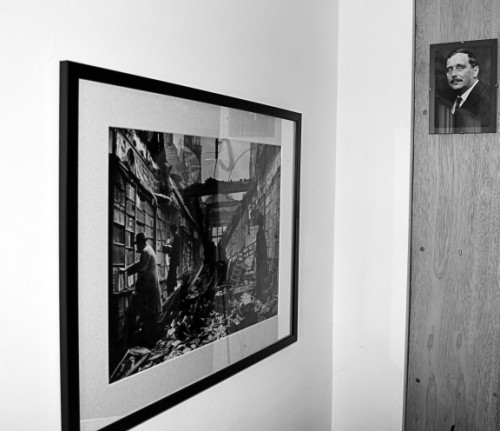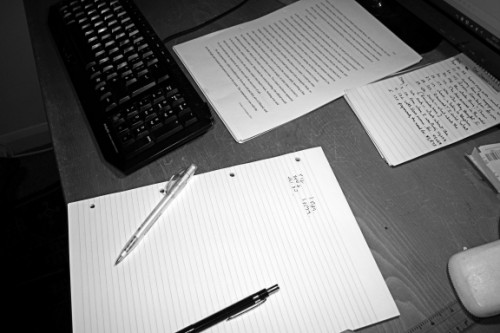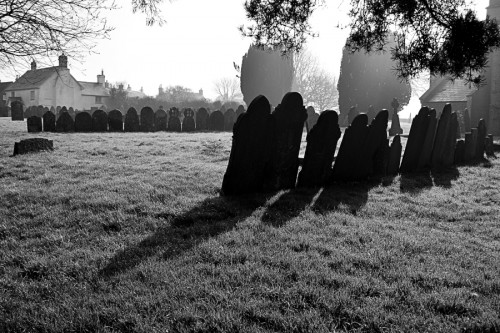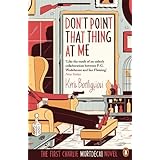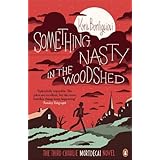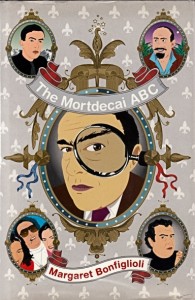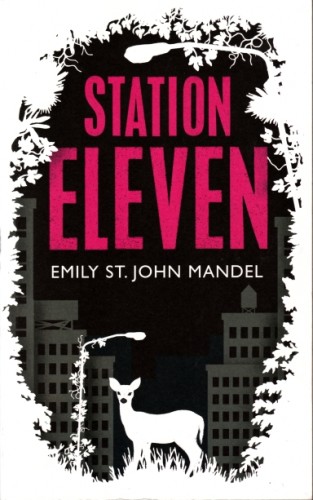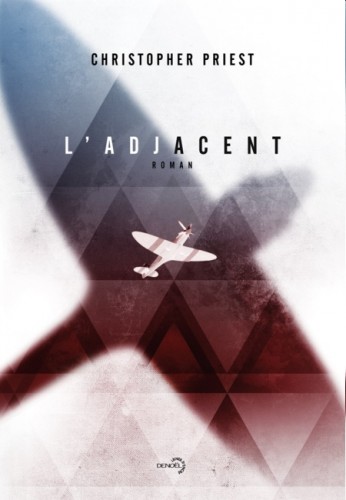I have recently returned from a longish visit to France. Once again I was the beneficial recipient of many compliments from readers about the first line of one of my novels. In its day (now more than forty years ago) this opening sentence had a startling effect on many French readers, helping to keep the book popular ever since. The novel is called Le Monde Inverti (1974), and here is the first line:
J’avais atteint l’âge de mille kilometres.
When I hear these compliments I am of course delighted, but I also feel the slight unease of worry that it was not wholly earned. What I wrote in English at the beginning of Inverted World was an OK sentence, similar to the French version, but somehow it did not have the same kind of grand resonance: “I had reached the age of six hundred and fifty miles.” Furthermore, because of the belated intervention of the American publisher, who would not leave well alone, many editions in English had a three-page Prologue shoved in before the true first sentence. Sensibly, the French publisher (Robert Louit, working with the translator Bruno Martin) dumped the unnecessary Prologue, metricated the measurement, rounded it down and created the beautiful sentence I have been dining out on ever since. Good publishing and good luck often come into these things.
But calculation comes into it too. People who run writing courses, or who publish books on the subject, often emphasize the importance of coming up with an opening line or image that will ‘hook’ the reader. I notice that the writer Andy Weir, author of The Martian (2014), has published his Four Tips for ‘Breaking the Seal’. The first of these concerns coming up with a good first line. As an example Mr Weir quotes George Orwell’s Nineteen Eighty-Four (1949):
It was a bright cold day in April, and the clocks were striking thirteen.
It’s a good choice, even if it has become slightly outdated. The 24-hour clock is now in widespread use throughout Europe, and even in Britain and the USA, since the appearance of digital technology, watches and clocks have for years been striking, or at least showing, thirteen hundred hours. The sentence still works, though. A chill sense of difference is neatly established.
As an adult reader one of the first amusing and intriguing openings I came across was in a Cold War spy thriller called Tree Frog, by Martin Woodhouse (1966):
I was in my coffin. Why had they buried me face downwards?
That’s clever. It’s racy, sharp, memorable, and contains a nonsensical question that will spark the reader’s interest. The problem is that Mr Woodhouse doesn’t follow up – his narrative becomes unfocused, it tries to raise more weird questions, the reader is given nothing back, and a long thriller written in short sentences follows.
Ford Madox Ford’s The Good Soldier (1915) starts with the following sentence:
This is the saddest story I have ever heard.
The trouble here, again, is that it is not entirely relevant to the rest of the book. As many critics have pointed out, The Good Soldier is not an especially sad story at all. The interest of the book lies elsewhere: it’s one of the first examples of a novel written by an unreliable narrator. Therein lies the enduring importance of the book, and it’s a classic. But it’s not sad.
Some writers get the whole thing wrong, simply by being seduced by the irresistible attraction of a clever or original image. Here’s the opening line of James Blish’s Black Easter (1968):
The room stank of demons.
This is a startlingly effective opening to a fantasy novel. In five words the author economically creates an ambience, a feeling, a situation, even a background. It’s really good writing: the use of the word ‘stank’ is perfect. However, here is the paragraph that immediately follows, one I suspect few readers can get through without falling asleep:
And it was not just the room – which would have been unusual, but not unprecedented. Demons were not welcome visitors on Monte Albano, where the magic practised was mostly of the kind called Transcendental, aimed at pursuit of a more perfect mystical union with God and His two revelations, the Scriptures and the World. But occasionally, Ceremonial magic – an applied rather than a pure art, seeking certain immediate advantages — was practised also, and in the course of that the White Monks sometimes called down a demiurge, and, even more rarely, raised up one of the Fallen.
Some novelists get it completely right, though. Here is one of my personal favourites, the opening sentence of David Lodge’s brilliant campus comedy Changing Places (1973):
High, high above the North Pole, on the first day of 1969, two professors of English Literature approached each other at a combined velocity of 1,200 miles per hour.
The scene is set, the tone is set, the story is under way. It goes on very much as it has started. The reader settles down to enjoy a novel where the author knows exactly what he is doing, and does it well.
Anyway, I was interested to read Andy Weir’s advice to other writers. No matter how long you have been at the game of writing, this sort of thing always has a fascination. You never know – it’s never too late to learn, and you might pick up something useful. Apart from a few minor quibbles about emphasis, I don’t dissent from anything Mr Weir offers as advice. But as he is the author of a famously best-selling novel, which has sold thousands of copies to thousands of presumably well satisfied readers, it did make me wonder how his own opening to The Martian goes. Here it is:
I’m pretty much fucked.
That’s my considered opinion.
Fucked.
It stinks of something to me, but not of demons.



